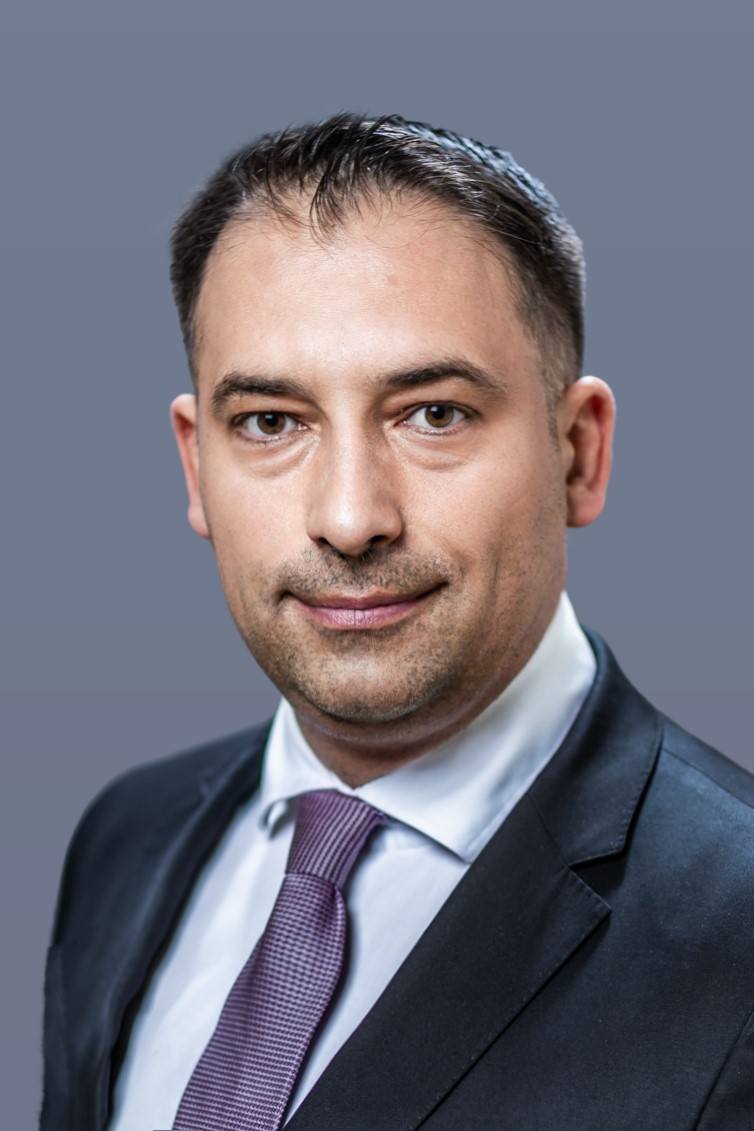Interview with…
Robert Szuchy, Managing partner

Róbert Szuchy, managing partner of BSLAW Budapest, and BSLAW Brussels, explain how his law firm places emphasis on adapting to a new green world and what it means for his clients:
1) What do you see as the main points that differentiate BSLAW from your competitors?
BSLAW Budapest has a distinct profile and a clear-cut strategy focusing on its core strengths and capabilities.
We are in the first place an energy regulatory practice which advises on a range of solutions related to the current and future challenges of this sector.
Also, we have the skills and capabilities to deal with complex reorganization and restructuring issues.
2) Which practices do you see growing in the next 12 months? What are the drivers behind that?
The changing economic environment continues to trigger novel solutions to clients’ ever-changing needs. The regulatory framework of the energy sector will not stop posing new challenges for all players including producers of energy, energy trading companies and end-users.
3) What's the main change you've made in the firm that will benefit clients?
Advising clients on how to become more efficient by adapting to new expectations and challenges is at the heart of our work – this includes “green” issues, technology-related legal solutions. We can guide our clients through the whole range of opportunities – from establishing energy communities, dealing with efficient storage, and economizing their production all the way to the use of artificial intelligence.
We pay special attention to building an “ESG-conscious” culture in the course of our everyday work – both in the office and when it comes to client work. We believe that it is the corporate, or office, culture that matters most. The behavior of the senior lawyers will have an impact on the performance of the whole team.
4) Is technology changing the way you interact with your clients, and the services you can provide them?
AI poses a challenge for the legal sector, both law firms and clients. Boutique-sized law firms, such as ours, will continue to concentrate on using tech to make service delivery more efficient and, therefore, we do our best to catch up with current developments. I am convinced AI has an equally important part to play in training our lawyers. Newly qualified lawyers already join us with a degree of expectation in this regard.
5) Can you give us a practical example of how you have helped a client to add value to their business?
Our in-depth market knowledge combined with an understanding of the technological background to the sector is a great asset and it gives us a clear competitive advantage (e.g. the understanding of how electricity generators or an oil refinery operates; what physical conditions are the main determinants of an efficient distribution network) when it comes to thinking together with clients seeking practical legal solutions to their most burning challenges.
6) Are clients looking for stability and strategic direction from their law firms - where do you see the firm in three years’ time?
Markets tend to be volatile and the degree of uncertainties, especially in the energy sector is higher than ever before. New technology, new operating systems, new business models are all out there to adapt to if businesses want to survive, let alone thrive. The legal environment, the changes in legislation provide a compass for companies in stormy seas.
Lawyers can make a huge difference and offer strategic guidance - this is the real value-add element of our services.
